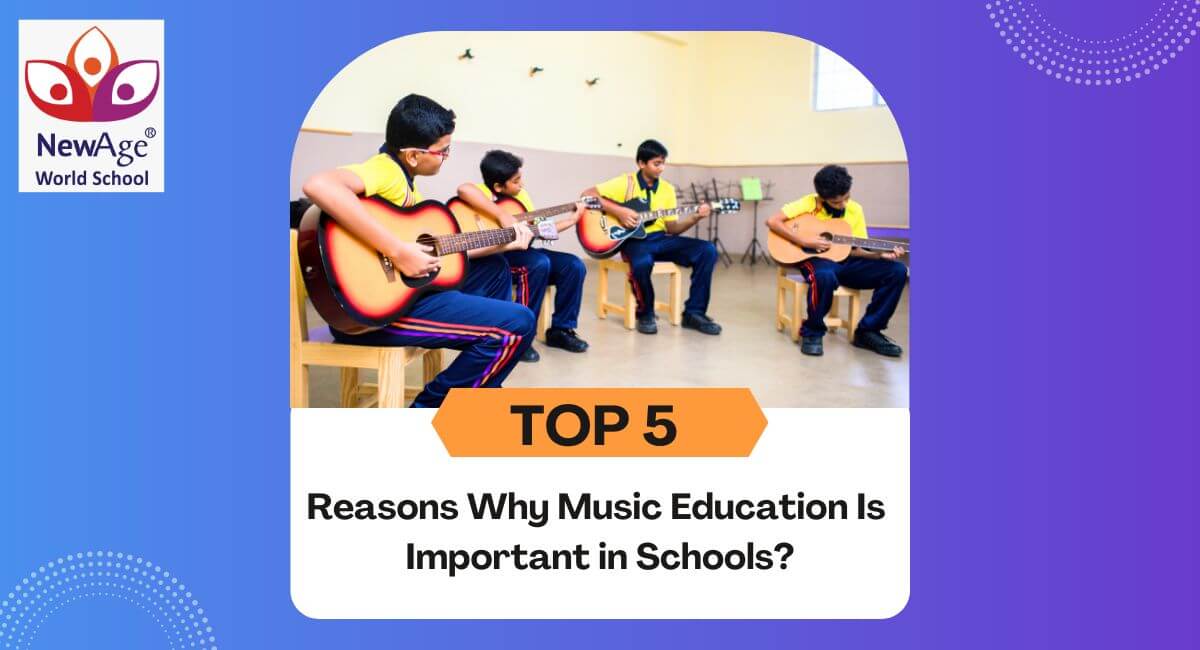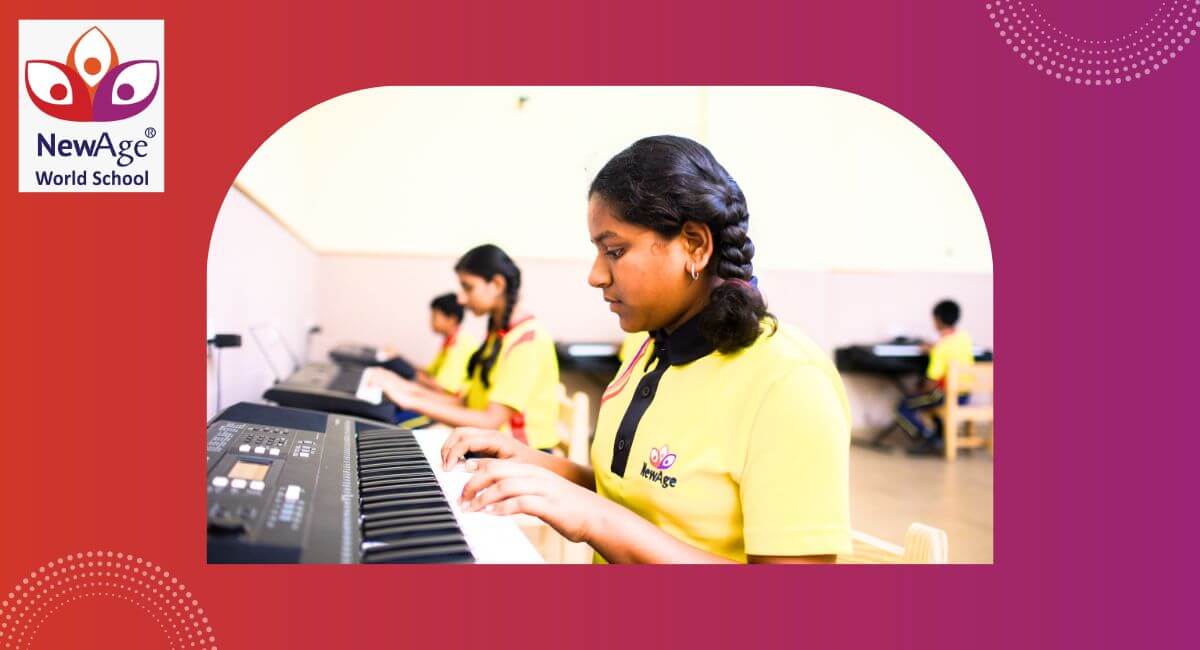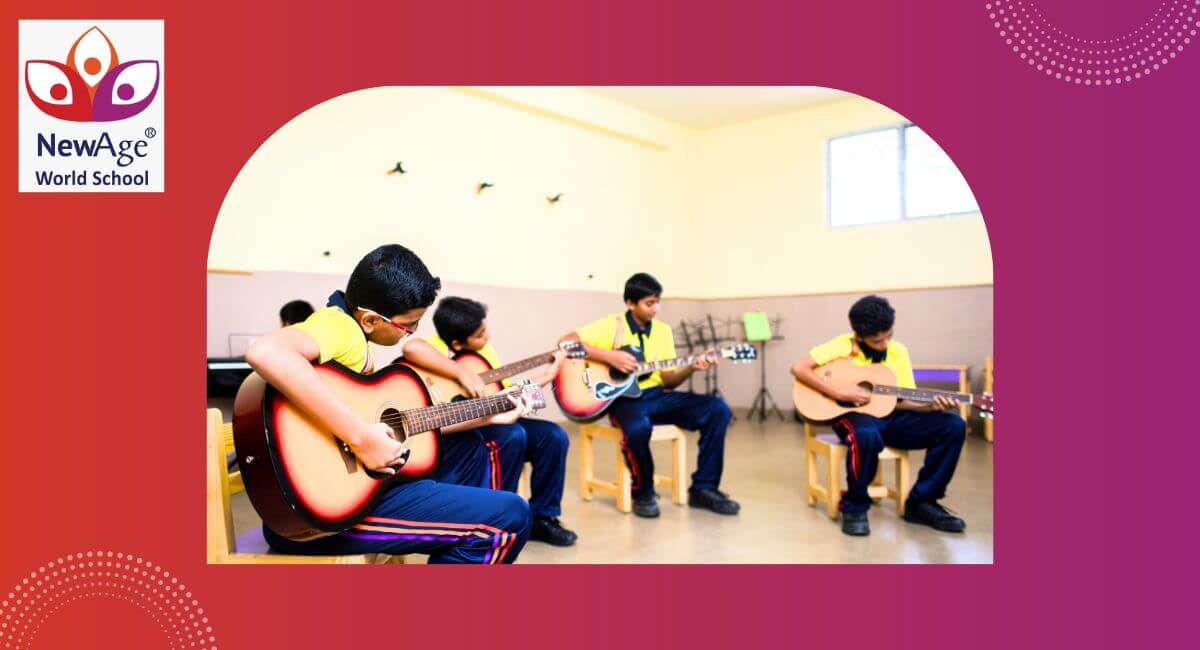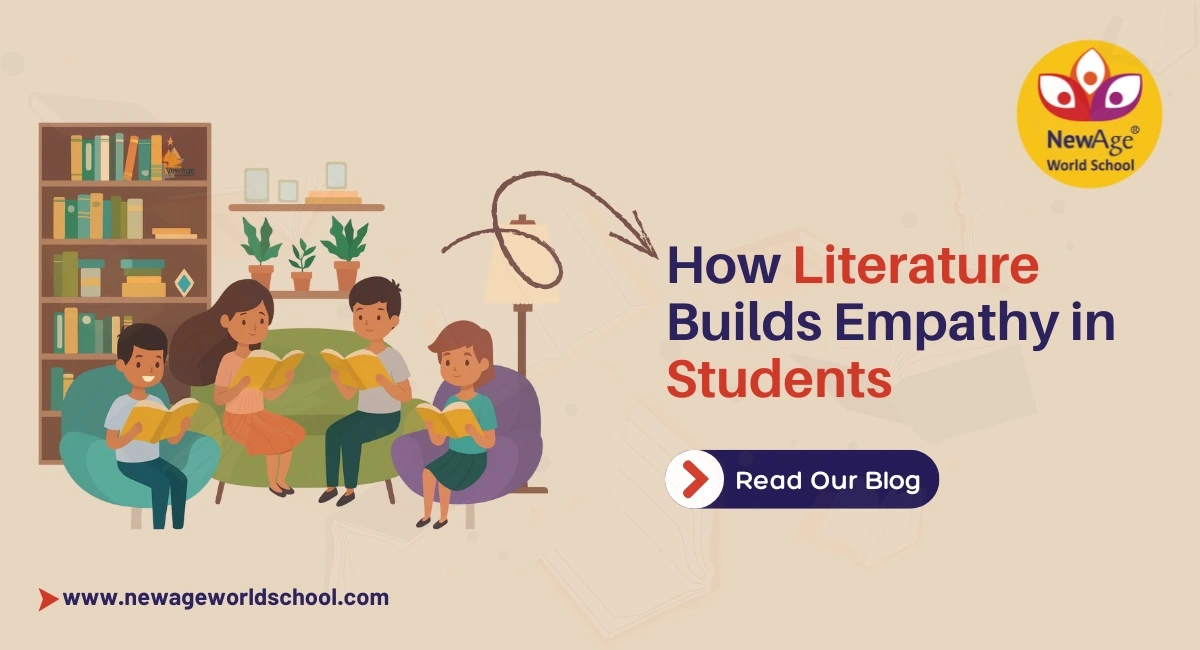Top 5 Reasons Why Music Education Is Important in Schools?

Table of content
Introduction
Here are five reasons why music education in schools is important:
- Music Increase Brain Activates
- Music Strengthens Communications Skills
- Music Strengthens Emotional Intelligence
- Music Expands Communication & Imagination
- Music Can Support Social Emotional Development
Conclusion
FAQ
Introduction
Hey everyone! 🎉 We are thrilled to bring you an exciting new blog post: Top 5 Reasons Why Music Education is Important in Schools. Ever noticed how a simple song can make your little one’s eyes light up with joy? If you are a parent like me, you have seen it—a melody strikes, and suddenly, a small face glows with happiness.
🎶 Music does more than sound good; it speaks to us like nothing else does, crossing all barriers of language and culture. It is a powerful force that can transform moods and connect us more deeply with each other.
Think about this: music is not just for fun; it is a serious player in child development, helping little brains grow, fostering human connections, and even offering little stress relief for our tiny tots. That is why music is a core part of the curriculum at many top international schools in North Bangalore. Explore why every note and every beat counts in nurturing young, vibrant minds. 🚀 Stay tuned, and let us make some musical magic happen!
Here are five reasons why music education in schools is important:
1. Music Increase Brain Activates

🎶 Music isn't just a source of entertainment; it's a potent tool that boosts brain development in children. But how exactly does music affect a young mind? Let's dive into the science behind the melodies. Research from the University of Southern California’s Brain and Creativity Institute in 2016 revealed that musical activities during childhood can speed up brain development, especially in areas critical for language acquisition and reading skills.
This isn't just about listening to music—it's about engaging with it. When children learn to play an instrument, for instance, they're not just learning notes; they're also improving their mathematical abilities and even boosting their SAT scores, according to the National Association of Music Merchants (NAMM Foundation).
2. Music Strengthens Communications Skills
Music is more than just a melody; it's a powerful tool that enhances communication skills for children. But how does music specifically boost communication skills? The answer lies in its ability to encourage children to express their thoughts and emotions in a structured, rhythmic manner.
Singing along to songs requires children to articulate words clearly, improving their diction and vocal expression. Furthermore, music often involves group activities, such as choir singing or band participation, which are excellent for teaching kids how to work together, listen actively, and respond appropriately to social cues. These experiences are crucial in building not just the mechanics of communication but also the social awareness needed for effective interpersonal interactions.
Through music, children learn not only to speak and listen but to connect and convey their ideas empathetically and confidently. Our guide on 7 Ways To Improve Effective Communication Skills In Students dives deeper into these techniques, emphasizing how musical activities align with educational strategies to bolster linguistic and social skills.
3.Music Strengthens Emotional Intelligence
Engaging in music significantly enhances emotional intelligence in children, making it a crucial element of their developmental journey. Both active participation, such as playing instruments or singing, and passive listening can boost emotional intelligence scores. This enhancement is due to music's ability to activate key brain regions associated with emotional processing and mood regulation. As children immerse themselves in musical experiences, they not only experience mood enhancement but also develop heightened emotional sensitivity. This sensitivity is essential as it helps children recognize and respond to their own emotions and those of others more effectively.
Furthermore, the influence of music extends beyond emotional awareness; it also improves motor skills and coordination, integral components of overall cognitive development. Learning music fosters a positive environment for children, equipping them with essential skills like attentive listening and the ability to regulate their emotions. These capabilities are foundational for emotional intelligence, enabling children to navigate social interactions and personal challenges with greater ease.
4.Music Expands Communication & Imagination
Music plays a pivotal role in enhancing both communication and imagination in young learners. Even before children learn to speak, their interactions with music—through babbling and sound play—help develop crucial neural pathways essential for listening and speaking. Research shows that infants exposed to language in a responsive environment tend to engage more in babbling, which correlates with a larger vocabulary as they grow into toddlers.
Music, acting as a catalyst, encourages this developmental process by providing a rich auditory environment. Children, inherently capable of mimicking sounds and rhythms, use these musical elements to grasp and interpret the world around them, thereby expanding their communicative abilities.
5.Music Can Support Social Emotional Development
Music serves as a powerful tool in supporting social-emotional development in children by engaging multiple areas of the brain. These areas include those responsible for emotion processing, memory, and language, which are critical for nurturing a child’s emotional and social capabilities. The holistic engagement provided by music not only enhances learning but also significantly improves retention.
As children interact with music, they develop key social skills such as empathy, cooperation, and communication, making music an essential component in early education programs focused on emotional intelligence and social skills development. This multifaceted impact of music ensures that it remains a vital element in promoting healthy social and emotional growth in young learners.
Conclusion
In simple terms, music education is more than just a fun activity; it's a key part of helping kids grow in many ways. When we include music in the daily life of children, whether at school or at home, we help them develop their thinking skills, understand their feelings better, and get along with others.
Music connects different parts of a child's growth, making it a very important tool. So, it's really important for both teachers and parents to make music a big part of kids' lives. With music, we give every child a chance to explore, learn, and express themselves in a world full of sounds and rhythms.
Frequently Asked Questions
What should I do if my child stops enjoying music?
If your child loses interest in music, you can try different genres or instruments, or integrate music with other activities they enjoy to reignite their passion.
Can music really help improve my child's grades?
Yes, engaging with music has been shown to enhance cognitive functions like memory and attention, which can contribute positively to academic performance.
Do I need to be musically skilled to play music for my child?
No, you don’t need any musical talent to introduce your child to music. Simply playing music around them or encouraging them to explore simple instruments can be beneficial.
At what age can I start introducing music to my child?
You can introduce music to your child from as early as infancy, even using soft melodies as part of their daily routine.


















Leave a Reply
Your email address will not be published. Required fields are marked *
Comments
No comments available